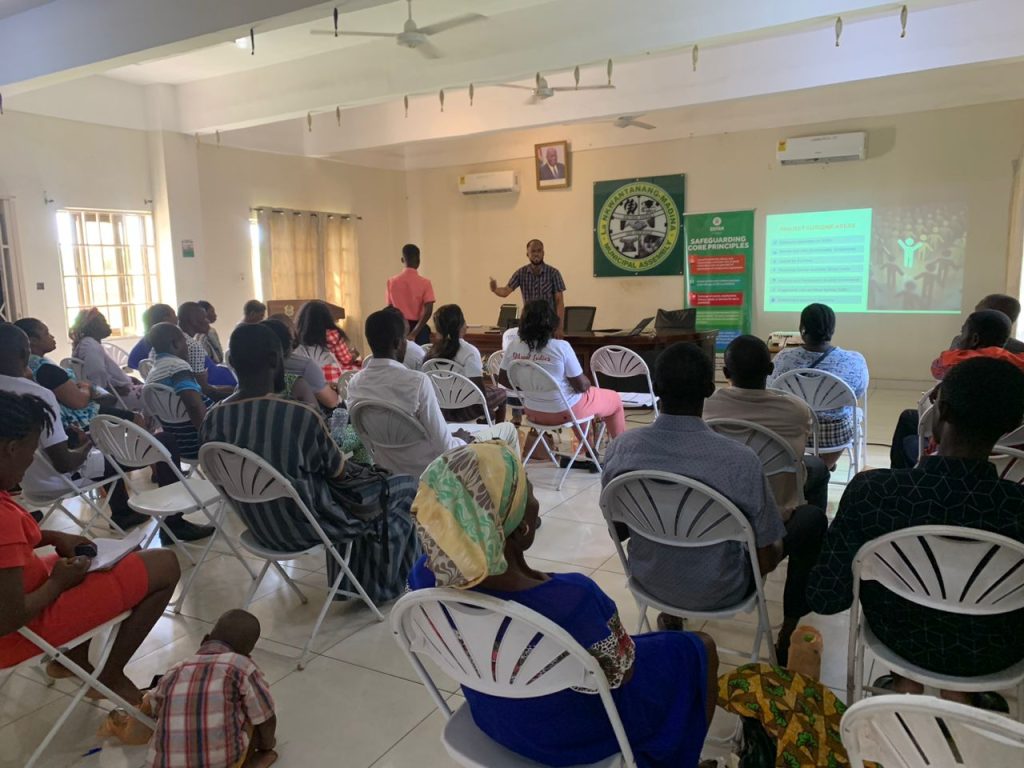By Isaac Newton Tetteh
Accra, Dec. 10, GNA – The Global Action for Women Empowerment (GLOWA) has ended its three-year ‘enough project’ at the La Nkwatanang Municipal Assembly in Madina within the Greater Accra Region.
The three-year-old project was sponsored by the European Union through Oxfam and Women in Law and Development in Africa (WiLDAF) to end Sexual and Gender-Based Violence.
Mrs. Ivy Bedi, GLOWA Administrator, expressed gratitude to both state and non-state stakeholders for their support over the three years.
Mrs Bedi further noted that the situation of sexual and gender-based violence (SGBV) was getting worse as people saw the rather unfortunate incidents as normal rather than a crime within some communities in the country.
Mr. Bedi said an array of socio-cultural factors, such as beliefs, norms, and values had generated gender inequalities, which sometimes led to gender-based violence, mostly against women and girls.
The GLOWA administrator again called on traditional rulers, opinion leaders, political players, the clergy, and all major stakeholders within the community to help deal with the sexual and gender-based violence perpetrated against women and girls in the various communities in the country.
In an interview with the Ghana News Agency, Mr Oscar Klenam Aklika, project lead GLOWA, mentioned that the ‘Enough Project’ had seen great significance over the three years, adding that the project was also to empower women and men to revolt against SGBV in the various communities.

He noted that the project was carefully rolled out in some 10 selected communities within the La Nkwatanag Municipality and the Kpone-Katamanso Municipality, all within the Greater Accra Region of Ghana.
Mr Aklika further added that the project had positively impacted women and girls, who are now actively participating in policy reforms and decision-making within their respective communities, adding that about five of the women had filed nominations to participate in the forthcoming district-level elections within their electoral areas as Unit Committee members.
He said so far, 12 survivors of child trafficking and other gender-based violence had been rescued and reintegrated into their respective communities, stressing that limited shelter homes remained a major challenge throughout the three years of the project.
Mr Aklika said 18 legal literacy volunteers and six club members were trained and deployed into the communities to act as agents of change, sensitising communities on sexual and gender-based violence (SGBV) and identifying and rescuing the survivors of violence within the respective communities.
GNA